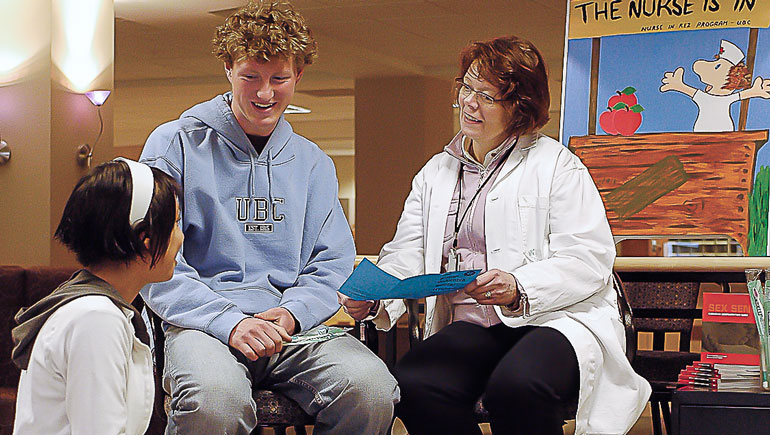
Stay safe. Take care of yourself. And be prepared.
UBC is safe place to live where students have convenient access to services and resources that support physical and mental well being. Student Housing and Hospitality Services, along with UBC at large, has committed significant resources to providing a safe living and learning environment. But we can’t do it alone—your partnership and vigilance is critical. Being prepared and educated is the best strategy.